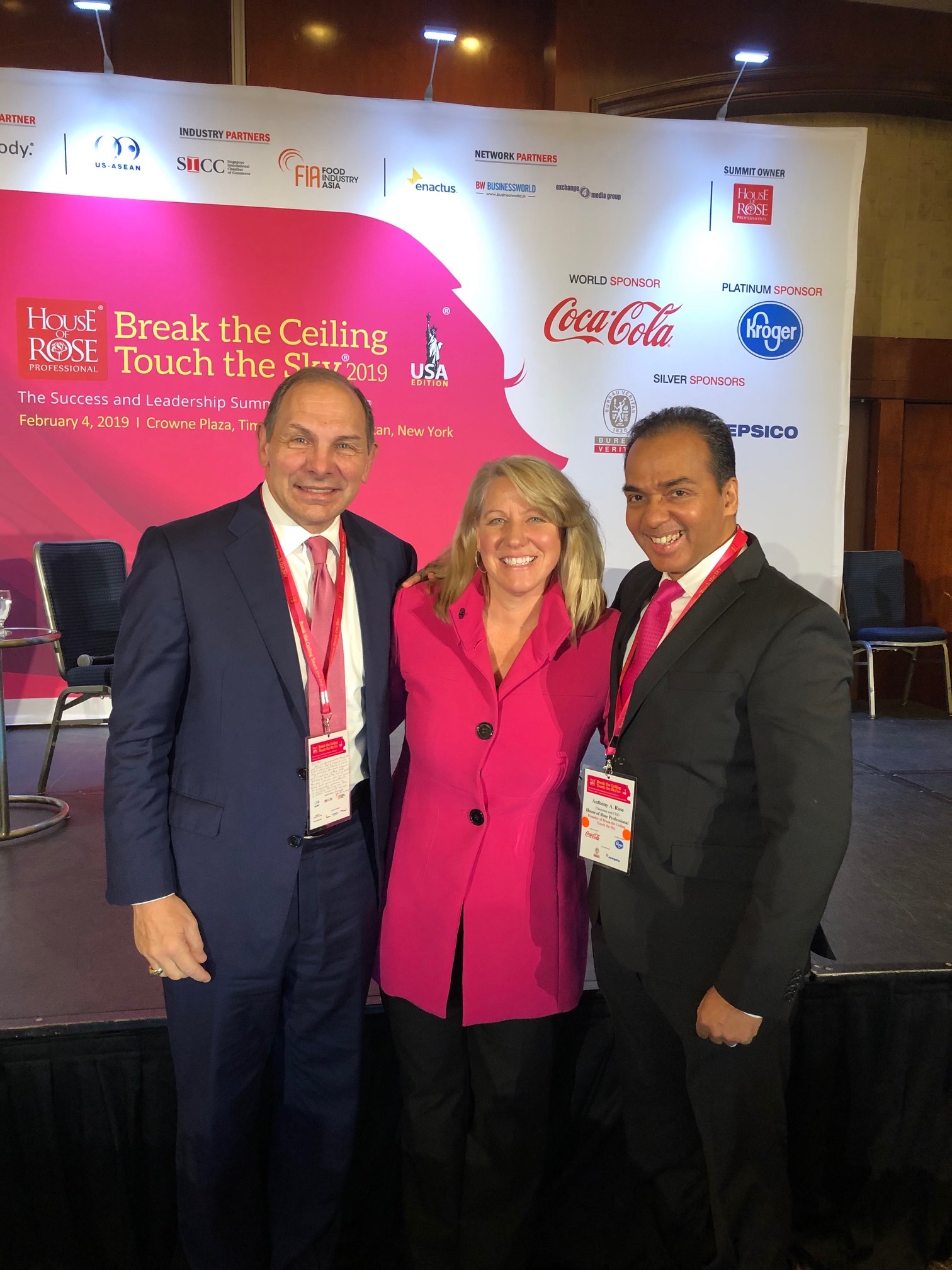Below are six principles I have used consistently over the years to shape my own success and also help others succeed. I hope they help you in your personal quest for success.
Be the best. Know who you are and be that.
Ask yourself if you are being who you really want to be versus being constructed by others expectations. Be your authentic self. Over time everything comes down to being very good at what you do. How good are you at what you do? Can you get better? I learnt early on in my career that it wasn’t about getting ahead, but about getting better.
Learn from others and volunteer for more.
You never know where that will lead. The skills you gain, the exposure you get, the relationships you build. You just never know what doors they may open up. I have never really dwelled on getting ahead – my next title, my next pay grade, my next office. I always focus on the work. Does it give me the chance to learn something new and gain new skills? Does it give me the chance to do great work and to build a stronger platform?
Reach up. Have a work ethic.
This concept of “reaching up” started with my parents. They shaped my values and work ethic. They taught me that there was no shortcut to success. Occasionally we all have a bit of luck and are at the right place at the right time. But this doesn’t happen too often. Instead, working hard towards your goals and demonstrating a great work-ethic is a far better strategy for success.
Reach across. Network.
Reach across to make connections. The power of networks is cumulative. I still have important personal and business relationships with co-workers, bosses, customers and others from the earliest days of my career. Your personal networks are living things. And like all living things they have to be nurtured. How well are you nurturing your network? In this era there will be even more focus on sincere and genuine connections.
Reach down. Lift others as you climb.
Reaching down means accepting the awesome responsibility of helping those you lead develop in their careers and their lives. Awesome because today more than ever, this is what true leadership is. I have been diligent in reaching down and helping others succeed and lifting as I climb. Helping other women in leadership in particular has had a very positive on my own career as it has blessed me with a support network of leaders who have also been supportive of my own career goals.
Pay attention to details.
Throughout my career I paid attention. I saw the things I liked in leaders and the things I did not like. I absorbed the things I liked into my own leadership style and made a mental note of the things that I would not do. This ensured I was aware of who and what motivated me. This has helped enormously in how I treat my teams.
Act on formal feedback. Get better:
You can’t get better unless you act on feedback. One of the things I have always leveraged for self-development is how I use the feedback I receive from my key stakeholders. I actively prioritize the feedback that is most constructive, and then use it to get better. Be the best!!
——————————————————
About Julie: Julie is the Global Chief Commercial Officer for Diageo. Previously Julie worked for the Coca-Cola Company between 1996 and mid 2019. Prior to joining Coca-Cola, Julie worked for Anheuser-Busch where she held positions in marketing and domestic/international beverage sales. Julie grew up in Genoa, Italy, Seattle and St. Louis. She attended high school in LeMans, France, studied at Vanderbilt University and London’s Imperial College of Science & Economics and graduated from the University of Missouri with a Bachelor’s degree in Journalism. Currently, Julie serves on the boards of the Network of Executive Women in Retail, Children’s Miracle Network and SIFE (Students in Free Enterprise). Julie is also on the Global Advisory Council of Break the ceiling touch the sky®.
Note: The article above was contributed by Julie Hamilton especially for the website of House of Rose Professional Pte. Ltd (HORP)(www.houseofroseprofessional.com). Copyright for this rests with HORP and Julie. No part of this article may be reproduced or reused without the explicit permission of HORP.
